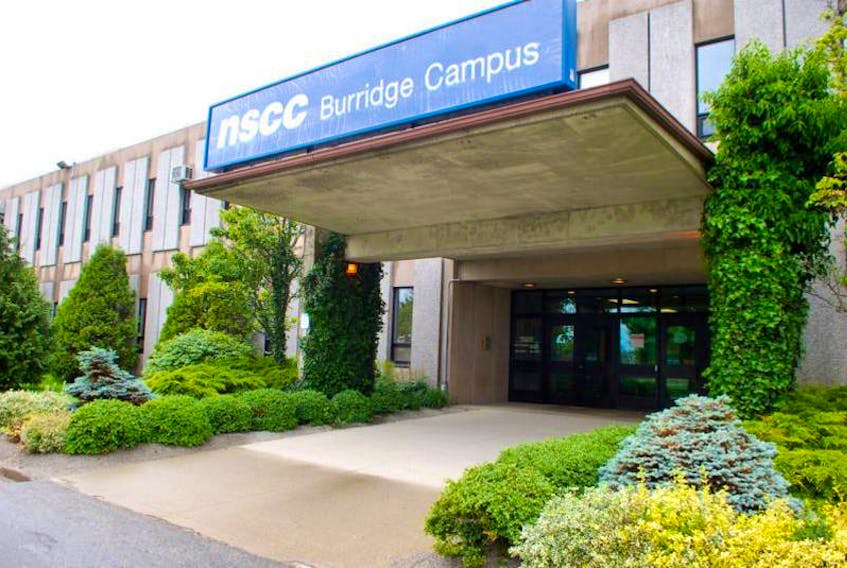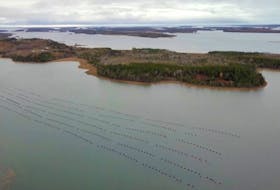YARMOUTH, N.S. — A pilot program is being launched at the NSCC Burridge Campus in Yarmouth this winter that will give women the foundation to start a career on the water in the commercial fisheries.
Applications are now being accepted for the Women’s Fishing Master Class 4 Pilot Program, which begins on Jan. 6, 2020.
Mary Thompson, principal of the NSCC Burridge and Shelburne campuses, says the program came about after she was approached by Angie Green, president of the Yarmouth Area Chamber of Commerce. Green had been contacted by a number of women interested in pursuing a career in the fishery.
While the fishery “is a non-traditional industry” for women, said Thompson, “we know there is a number of openings."
"It's an area a lot of our women are interested in. Angie approached myself and the school of fisheries to see if we could work together to prepare a program that would be for women that would allow them to get their Fishing Master Class 4, get experience, get out on the water with captains and crews that would be supportive of having women out with them.”
A Fishing Master Class 4 certificate is sought after by captains who are hiring crew, as it has the basic qualifications needed to help relieve the captain from navigating the boat when proper experience is obtained. It is also a respected educational achievement, useful for stepping into other positions with other vessels, such as coast guard, fishery observation and aquaculture, says Thompson.
“The goal of this program is to inject skilled female workers into the fishing industry, with a concentration on the lobster industry," she says. "This course will provide a framework to show women that a career in fishing is possible in our forward-thinking community.”
The program will give women the chance to take all of the courses required to write their Fishing Master Class 4 certificate exam, as well as start their on-the-job training for the last month of the lobster fishery.
“We’ve got a number of boats and crews that identified they want to be part of this project so we’re really excited,” Thompson says.
Funding for the program comes from Transport Canada’s A’paqt (Oceans) Fund: Building Bridges for Women in Marine Training. Thompson says the NSCC Nautical Institute was instrumental in helping on that front.
“The goals of the A’paqt project stem from NSCC’s engagement with women and Indigenous people over several years. From these discussions, we have come to recognize the significant financial, social and cultural barriers that women and Indigenous people face when pursuing post-secondary training and employment,” she says. “NSCC aims to address these barriers and the unique needs of underrepresented groups through the A’paqt project, ultimately resulting in greater participation in marine training and careers.”
Thompson says in addition to the courses required for a Master Class 4 certificate, a business component will also be part of the program because some women have indicated at some point they would like to captain and operate their own vessel. Thompson says the NSCC will be working with the chamber to provide some seminars around the business of the fishery to the students.
“The other thing we will be doing is reaching out to some of the female fishers to come in and speak to our students,” Thompson says.
The program will be able to accommodate 12 to 15 students.
“We’re looking at it as a pilot. If it goes over well, we would certainly look at offering it again," says Thompson.
"If not down here, somewhere else in the province,” she says, noting the NSCC Nautical Institute is already doing programs in their area to help women and indigenous fishers.
“We know there is a huge need for new entrants to the fishery in terms of people to work in all areas and both of these groups are underrepresented in the fishery,” says Thompson.
The tuition for this program is $6,300. Bursaries are available through NSCC Foundations for those who apply which covers 90 per cent of the tuition.
For more information or to apply contact: Mary Thompson at [email protected], or Duane Dakin, [email protected] .
RELATED









